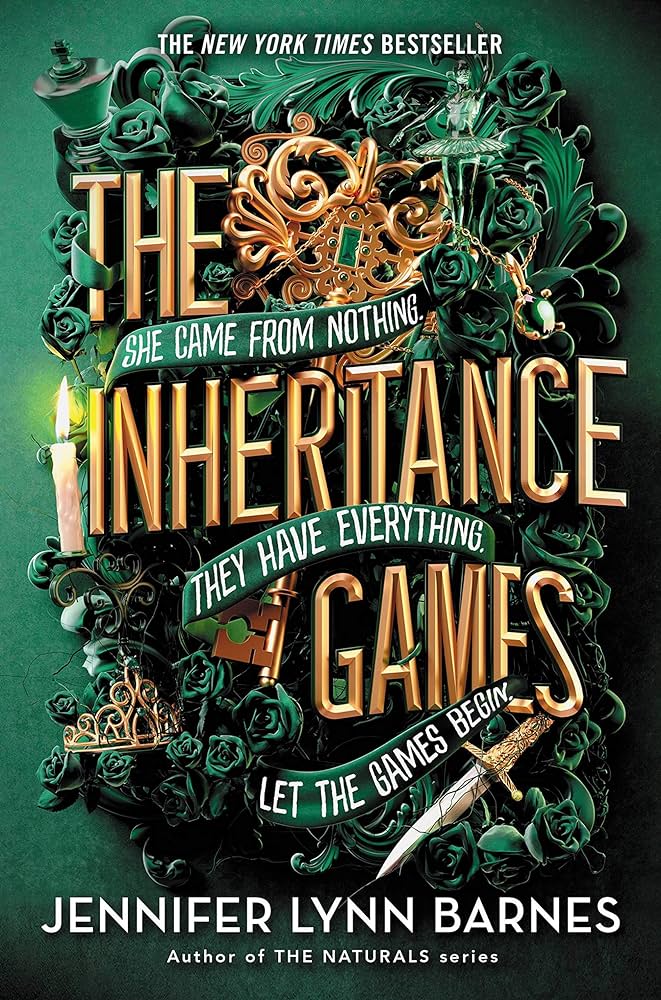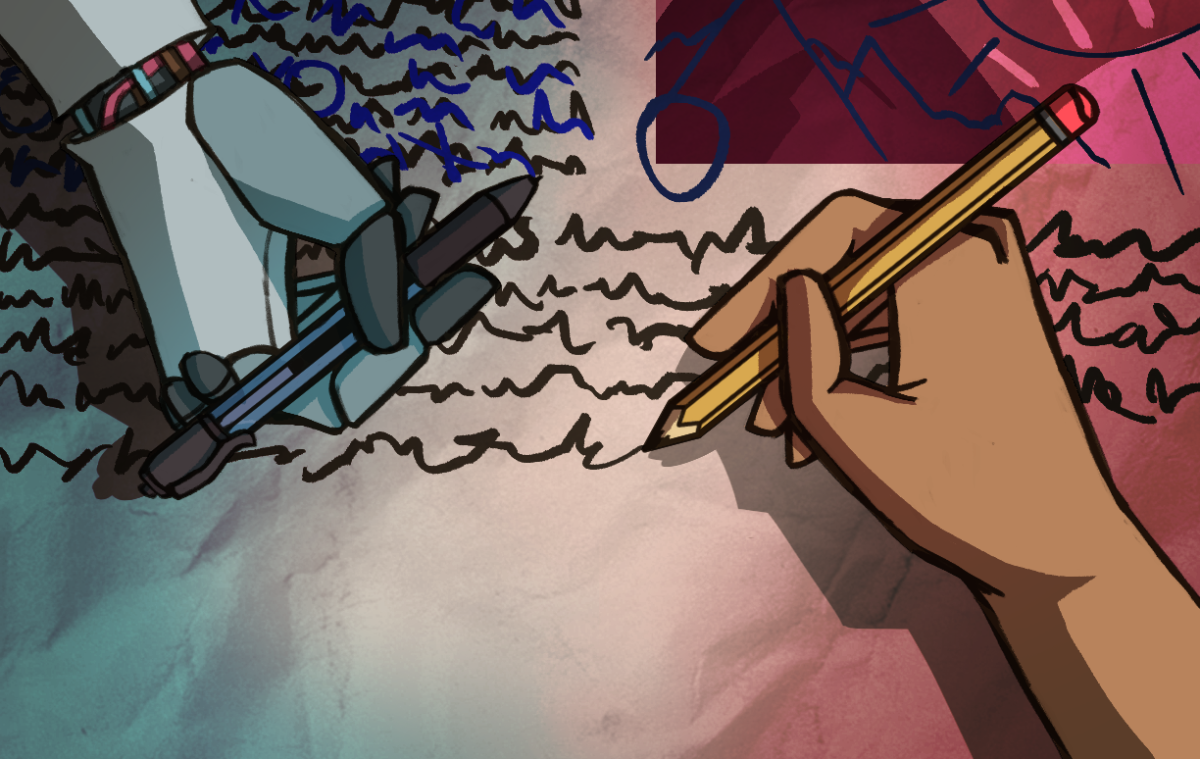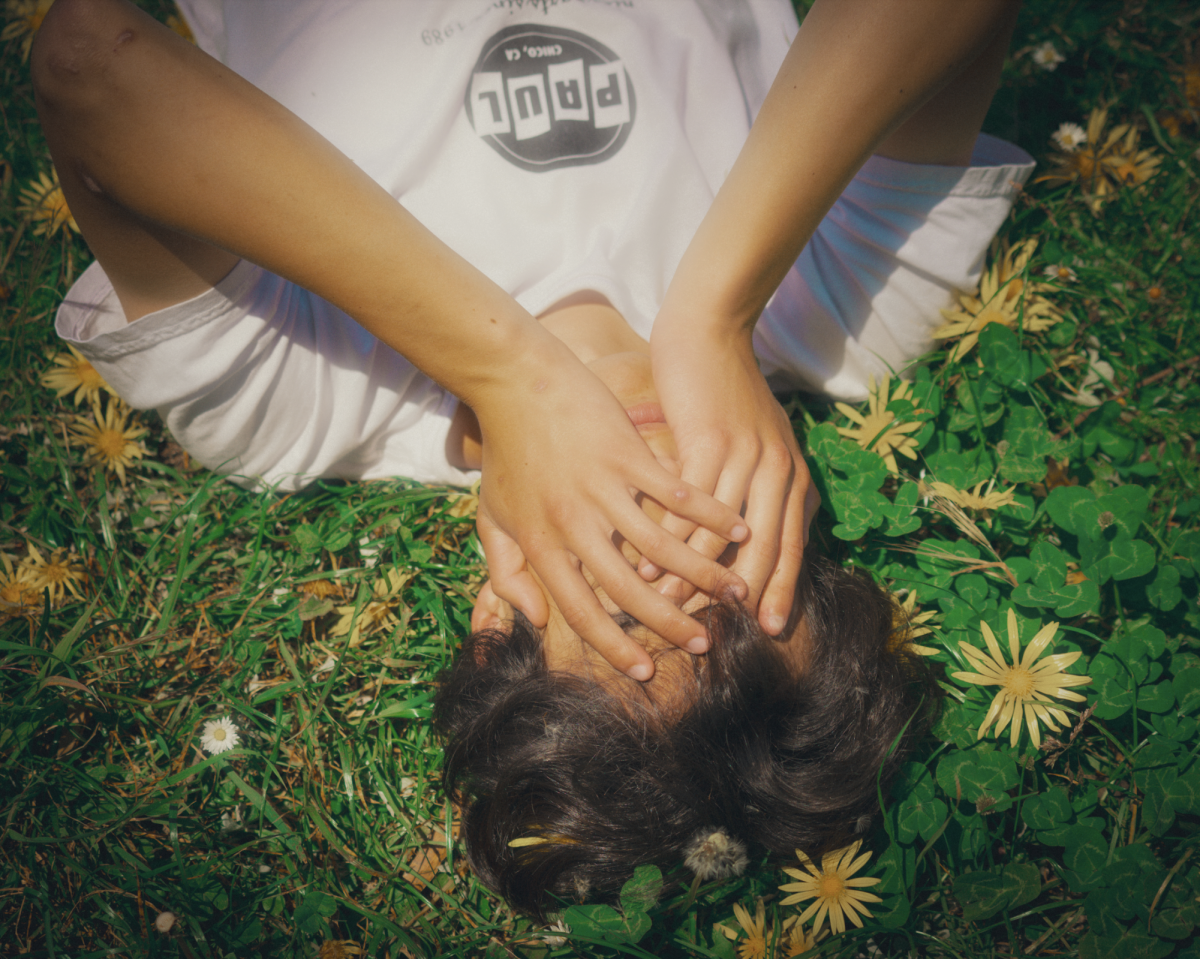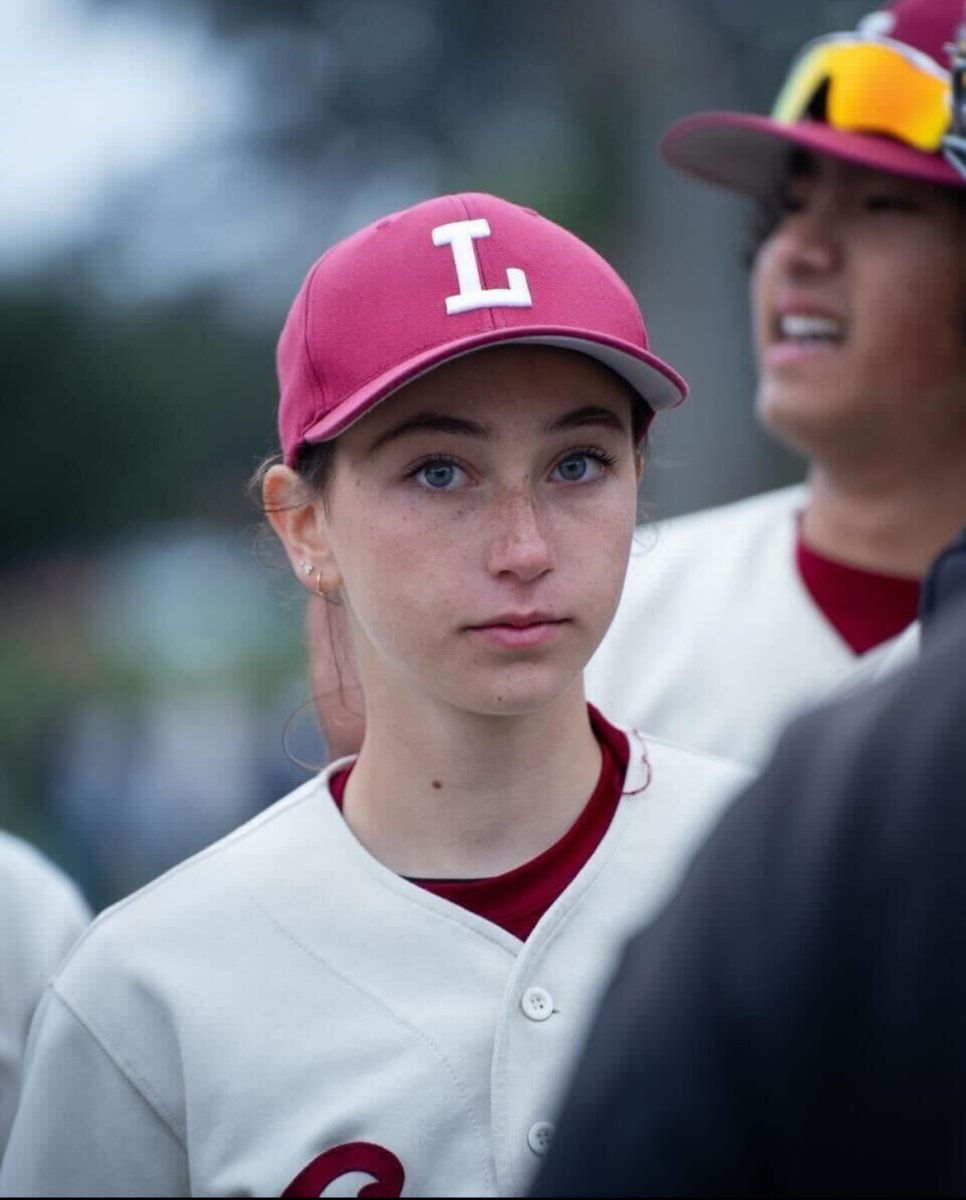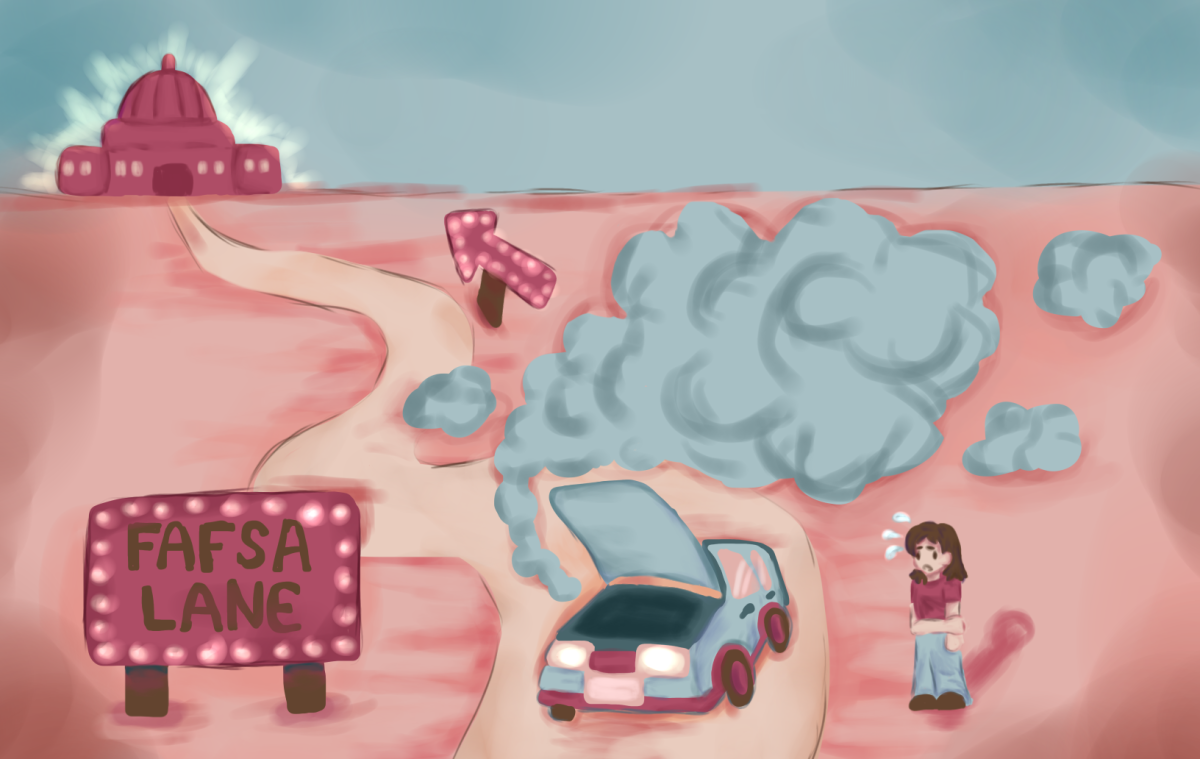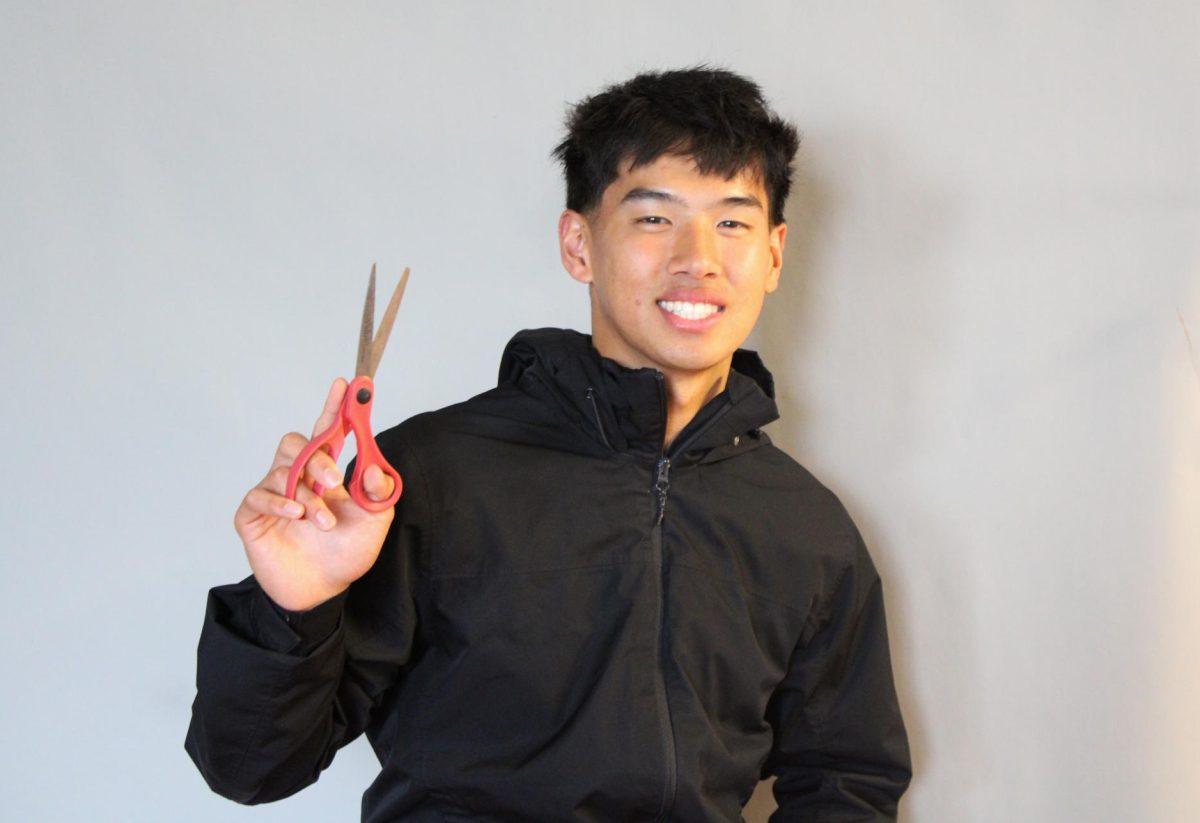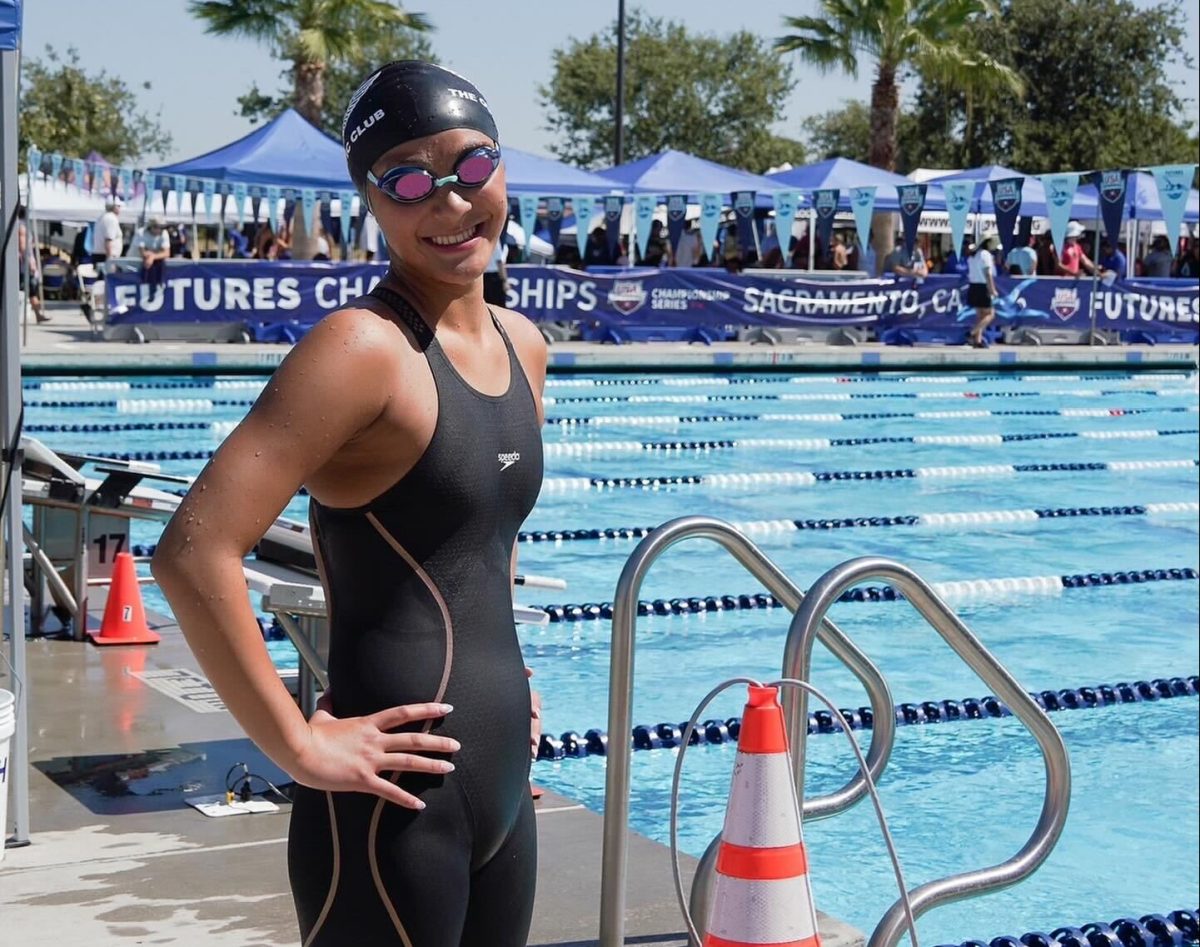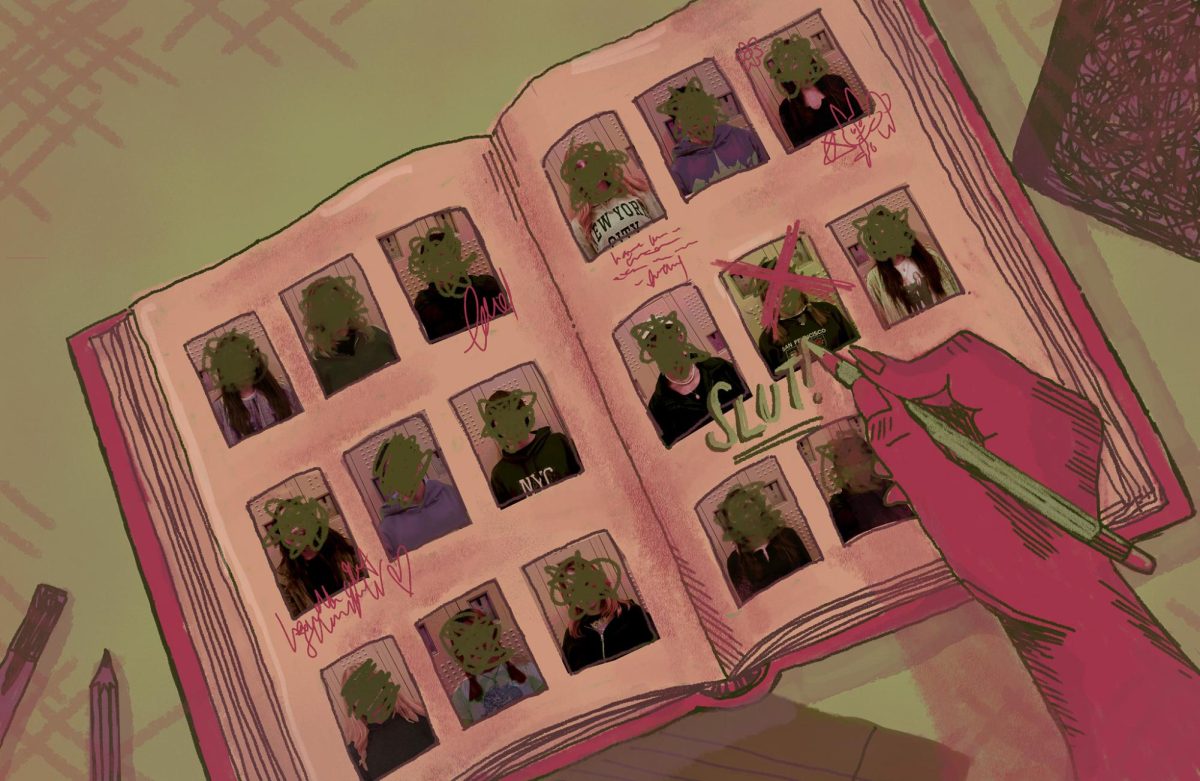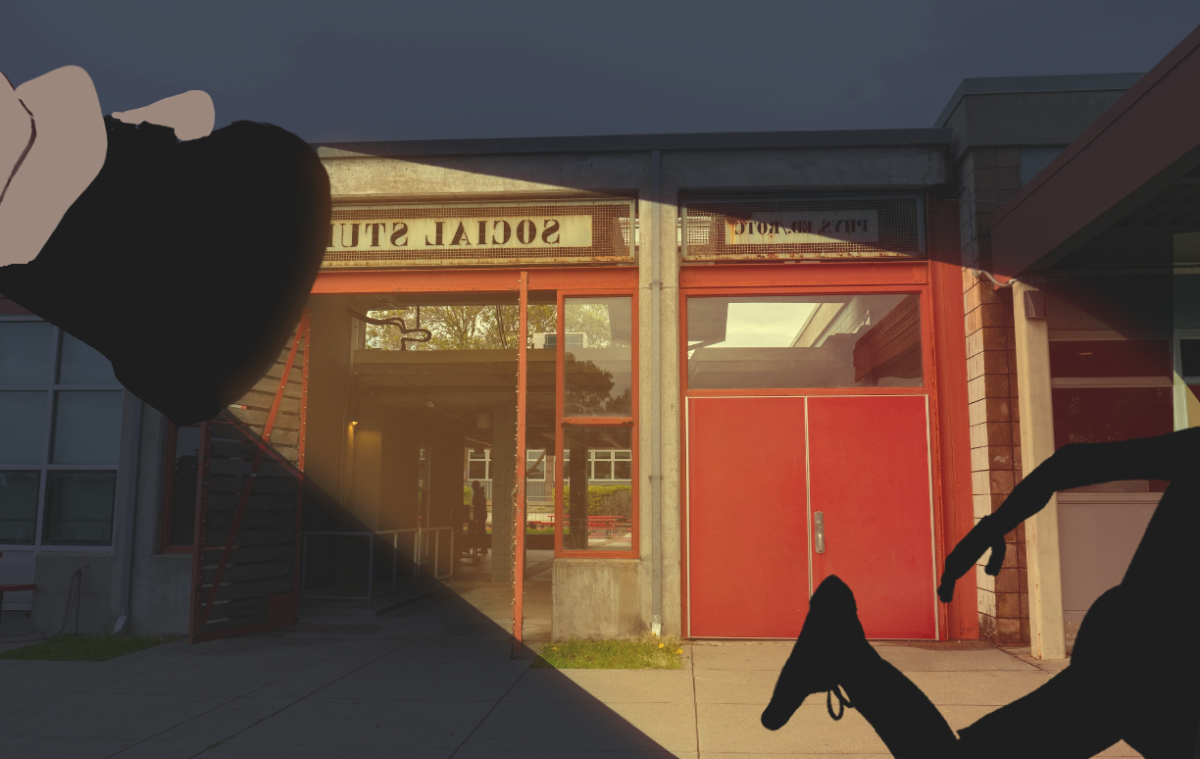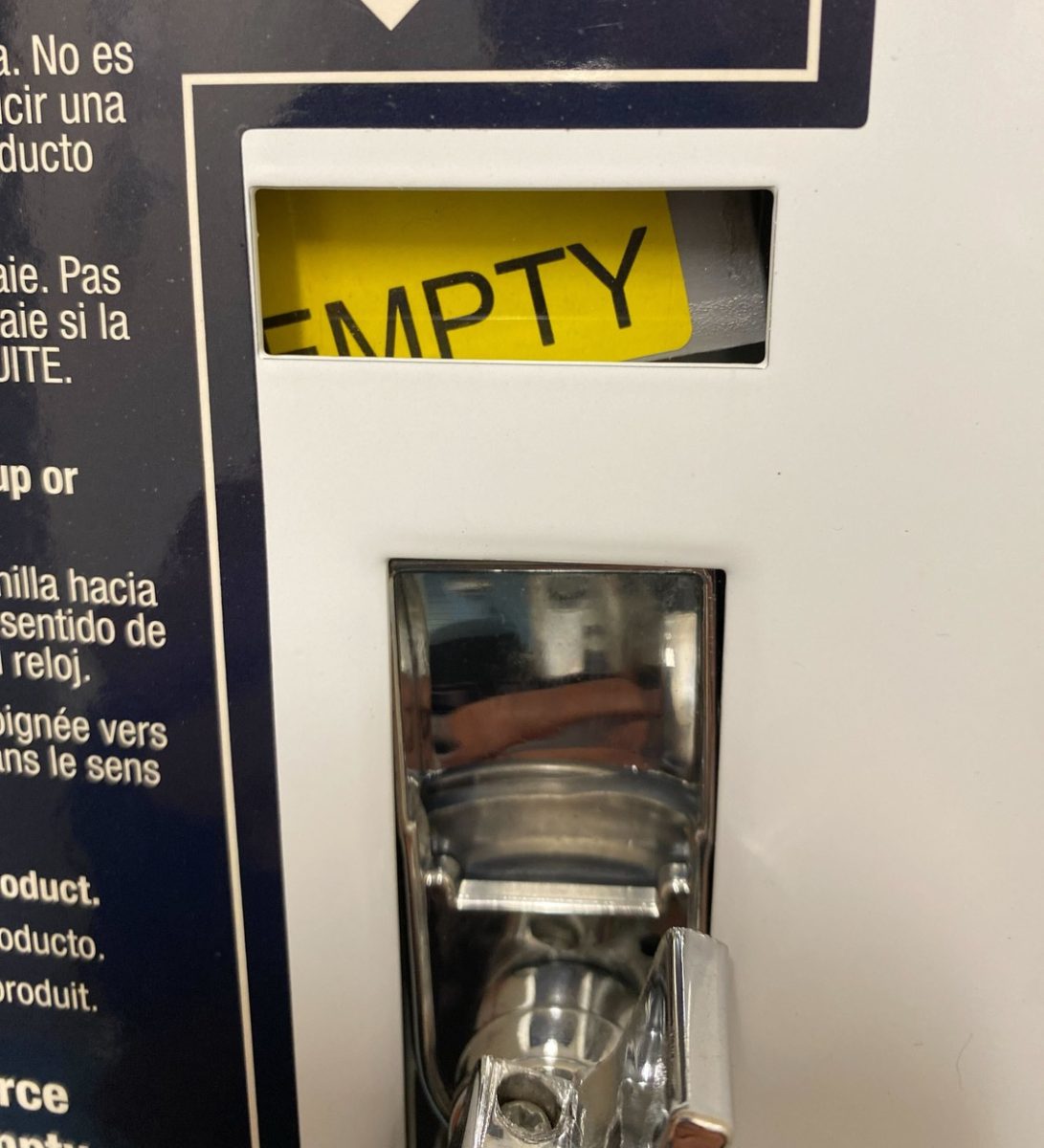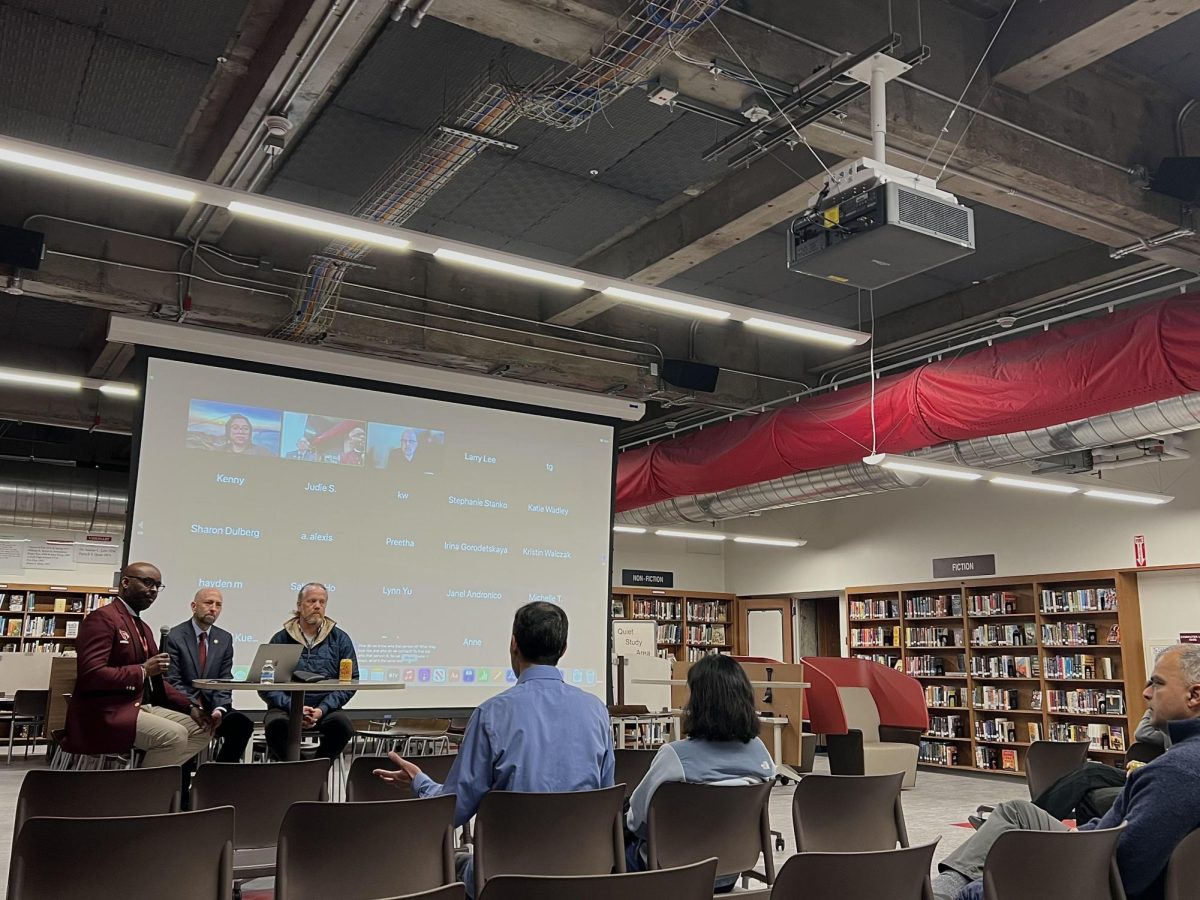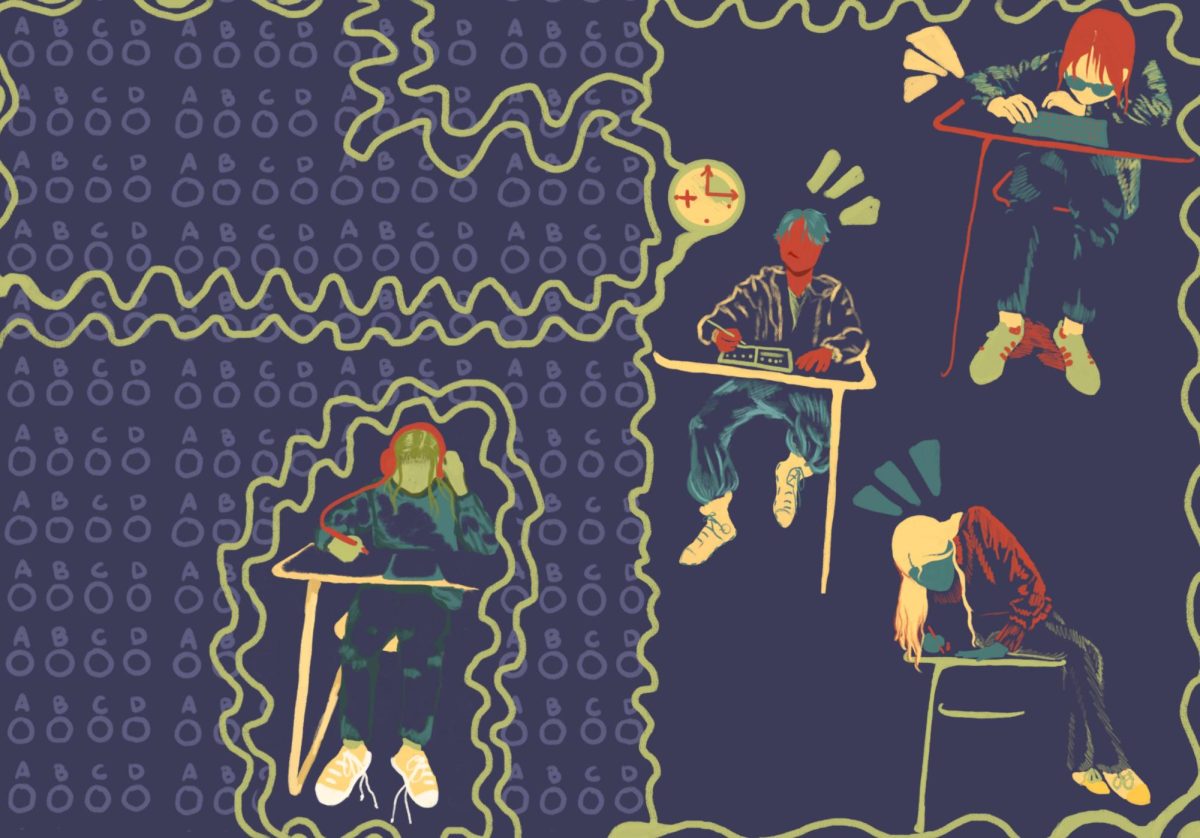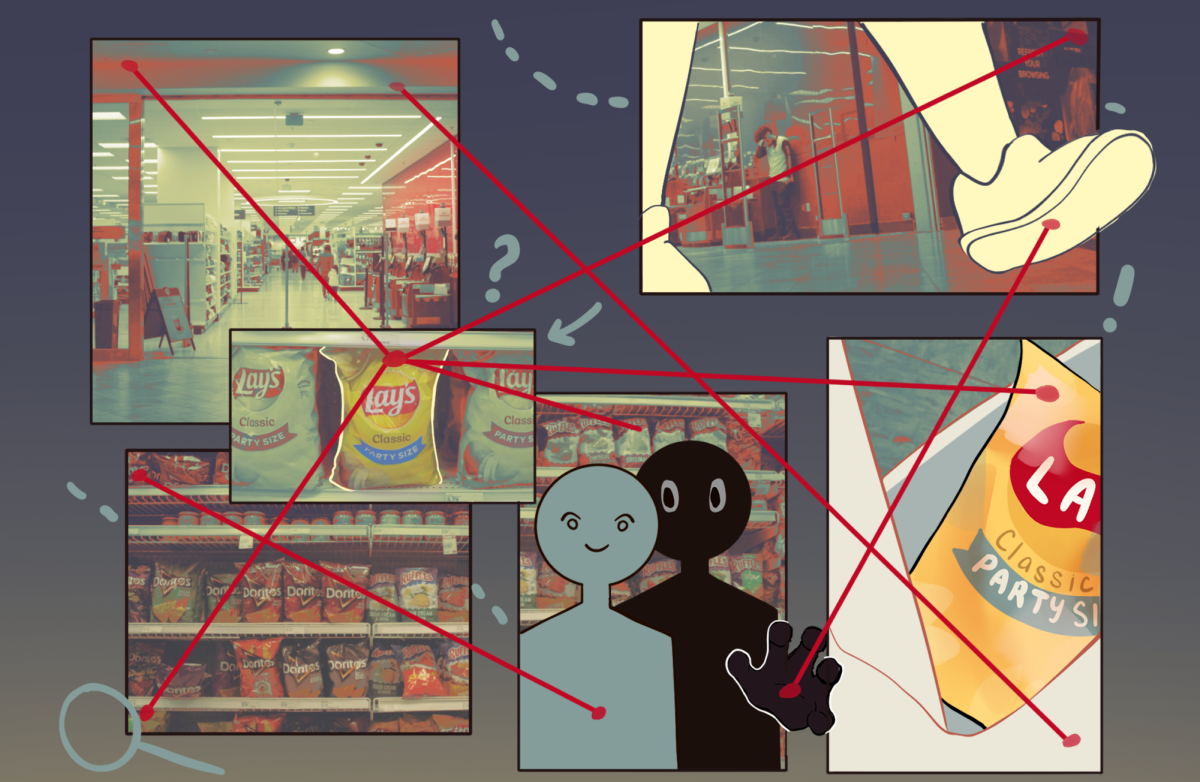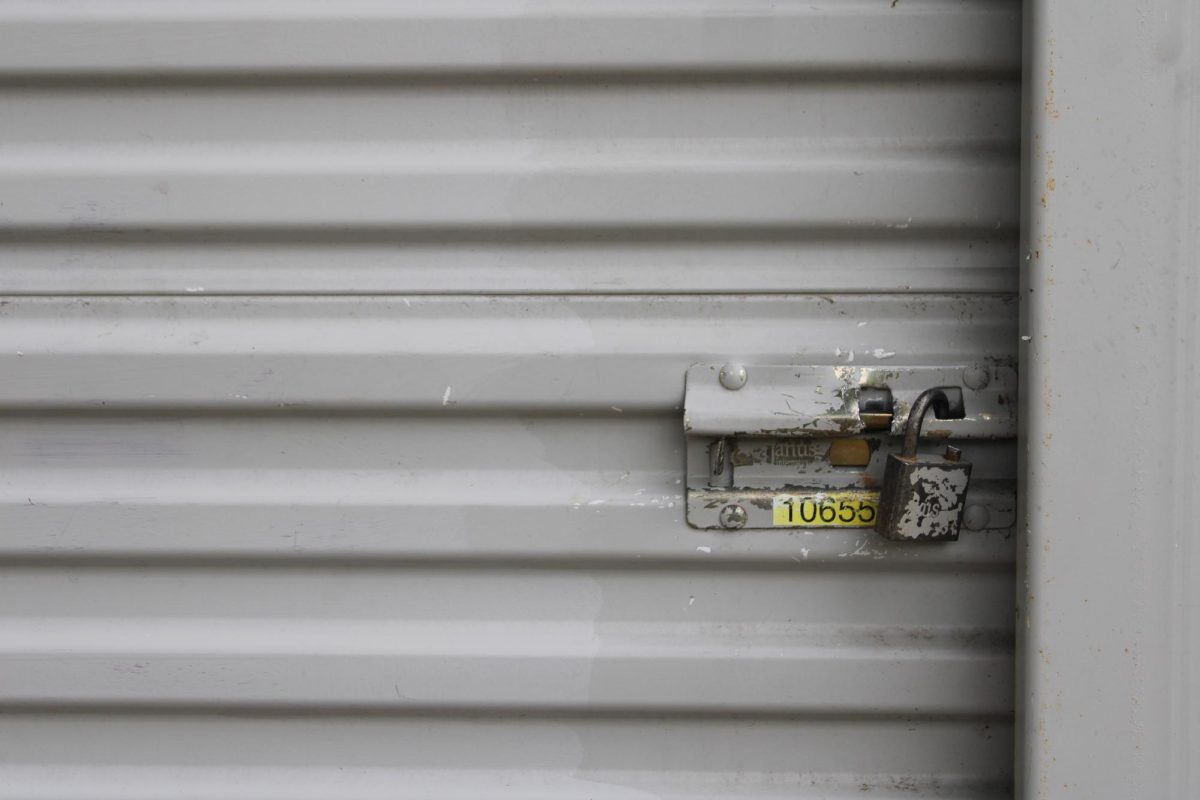Originally published on March 3, 2015
She stared down at the agarose gel and up at her mentor. It was only her first day of performing wet lab tasks, and she had already broken the gel, used to separate DNA or protein from agarose. Unnoticed by her mentor, she stood staring at him for a good five minutes debating whether or not to tell him about it. New interns don’t have it easy.
Senior Anindita Chattopadhyay was one of the nine students from Lowell’s Science Research program who received the opportunity to intern full-time in a laboratory last summer, at the University of California, San Francisco. The students from the program produced graduate student level work, with instruction and assistance from medical doctors and professionals working at UCSF, studying the latest research and conducting experiments on subjects from protein manipulation to cell culturing.
Learning outside of the classroom
“One question that I get a lot is ‘Did anything from AP Bio get factored into the lab?’ and I’d say ‘Barely anything,” said senior Srinand Paruthiyil, who studied a fungus that commonly affects the lungs of people with immuno-compromised bodies, such as people with A.I.D.S. “I only recall using knowledge on basic genetics and one or two chapters from AP Bio,” he said.
Despite their lack of lab experience, the students entered the program with hopes to further their exploration of science. “I started off not even knowing what a gene was, other than they weren’t the kind you put on every morning,” senior Willa Li said.
“I started off not even knowing what a gene was, other than they weren’t the kind you put on every morning.”
Li studied how neurofibromatosis type 1 GTPase activating protein activity impairs blast colony formation in Nf1-deficient murine acute myeloid leukemia. If you didn’t understand that, don’t worry, neither did she at first. “In simpler terms, I studied acute myeloid leukemia, a type of blood cancer which causes your white blood cells to grow out of control,” Li said. “We basically explored how the cells can be restored to stop dividing by manipulating different proteins.”
She said she felt frustrated when she tried to read her first scientific article. “Every other word was new to me,” Li said. “I wanted to give up on it, but with encouragement from the Lowell Science Research leaders, I eventually succeeded in understanding the article and gave a presentation on it with my group mates to my peers. I felt very triumphant after that experience.”
Several were surprised to find that their internships required more knowledge than just textbook facts. “At school, they don’t teach you how to use the high quality pipettes or the specific machines you see in an actual lab,” said junior Jerry Wang, who worked in the field of neuroscience, specifically looking at a region of the brain responsible for the sense of touch.
Learning was not limited to reading scientific articles or performing complex labs — the students learned skills for daily life. “My internship helped me become more professional — even like a teacher,” Wang said. “People don’t know what you are researching so you have to be able to present complex ideas in simple ways.”
Most significantly, they learned how to conduct cutting-edge experiments. Senior Simon Liu studied cell competition by running tests on cages full of mice. “Instead of doing science problems that solved problems people already knew about, we followed our own course and solved for the unknown by experimenting with the mice,” Liu said. “It was hard understanding the science behind the research since I joined without much background knowledge, but I learned a lot and actually had fun in the process.”
Top, from left: senior Simon Liu, junior Jerry Wang, senior Srinand Paruthiyil, senior Sally Chen, senior Jonathan Chen, senior Anindita Chattopadhyay. Bottom, from left: senior Willa Li, senior David Mai. Not pictured: junior Crystal Chung. Photo by Zoe Kaiser
Learning from mistakes
Over the summer, the high schoolers learned the meaning behind “Nothing worth having comes easy,”.
“It occurred to me that I am not as careful as I thought I was,” said junior Crystal Chung who did a project involving basic protocols, such as planting, growing and counting cells, making dilutions and practicing sterile techniques, which she later used in other labs.
“All the techniques I learned in the lab required extreme caution because everything could be contaminated very easily, and not only that, but one tiny mistake could mess up the whole experiment’s results that I could have been waiting on for several days.”
“My mentor also bought me boba once, which was pretty memorable.”
The mistakes sometimes proved to be educational and beneficial in the end. Senior Jonathan Chen’s project was to create a protein analysis tool to compare structures of proteins and then generate comparison maps that would be useful for scientists. “My most memorable moment was in the second to last week of my internship when my computer raised an error when I was saving my code,” Chen said in an email. “Frantic attempts to recover my code failed and about a month’s work was mysteriously gone. However, having written the program once before made the task of reconstructing the code much easier and I was able to finish before the deadline.”
How did the interns develop relationships with their mentors?
Students were also given graduate and postdoctoral students as mentors, with whom they grew close. “The mentors were very friendly and helpful,” Wang said. “We actually set up a mini viewing theater in the conference center to watch the World Cup together.”
Students not only developed close relationships with their mentors during the workday, but also outside of the workplace. “My mentor also bought me boba once, which was pretty memorable.” said senior David Mai, who observed how human chromosomes and DNA are organized during cell division. Mai even played tennis with his boss a few times.
By the end of the summer, each intern had worked hard and made many memories. “On the last day of my internship, one of my lab buddies baked me a chocolate-ginger-espresso cake, and my lab threw me a big pizza party,” senior Sally Chen said in an email. On her last day, Chen received a laser cut plaque made of pink acrylic glass. “I still have it on my desk right now, and every time I turn on my lamp for a late-night study session, the light shines through the glass and casts this nice glow on my homework.”
Did any of the interns later find a job?
Senior Srinand Paruthiyil was surprised to see how far his internship would take him. His work has direct applications in his new job. “I figure out statistical methods to analyze the data, as well as beta test for the app called Urban Dashboard,” Paruthiyil said. He received this opportunity directly out of his internship because of his work in the lab and his skills in biology and computer science.
Maybe the biggest lesson they got was in personal responsibility. After breaking the agarose gel in the wet lab and agonizing over it, Chattopadhyay decided to confess her mistake to her mentor, this turned out to be the right decision — she learned from her mistake and her mentor even made her the resident expert in agarose gel. Tenacity and resilience are key to success.
Joseph Kim contributed to this article.



